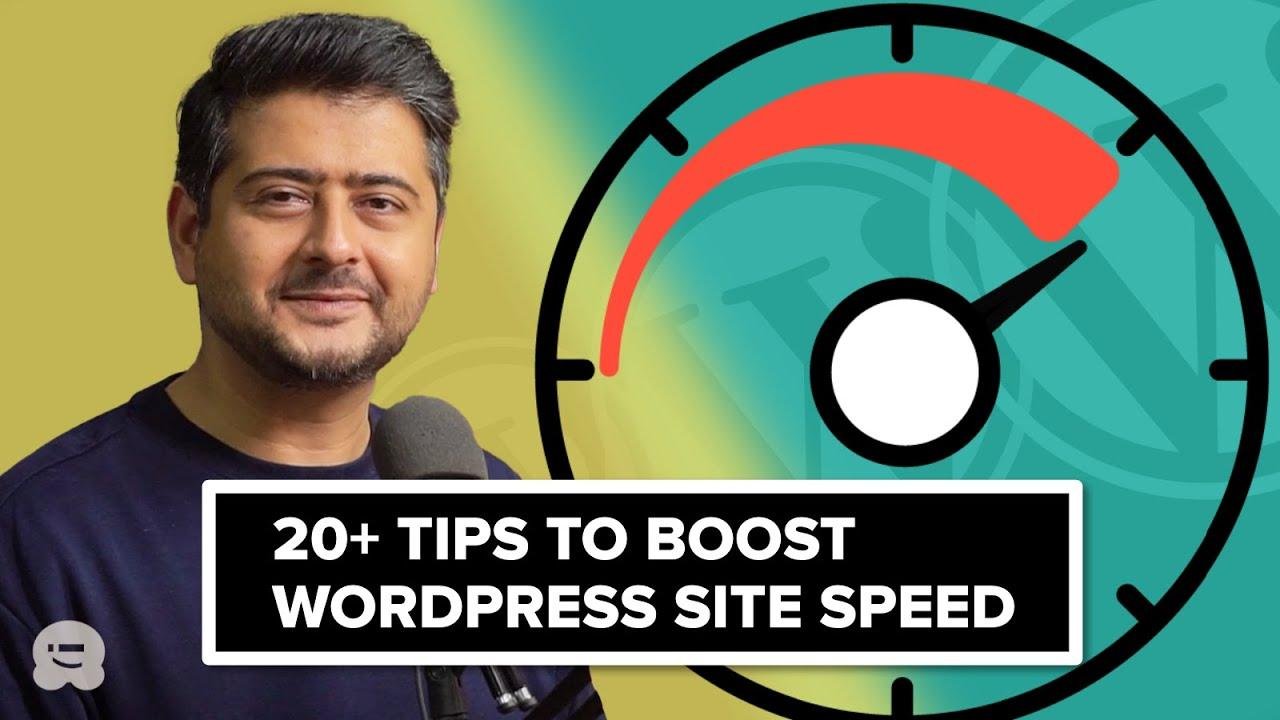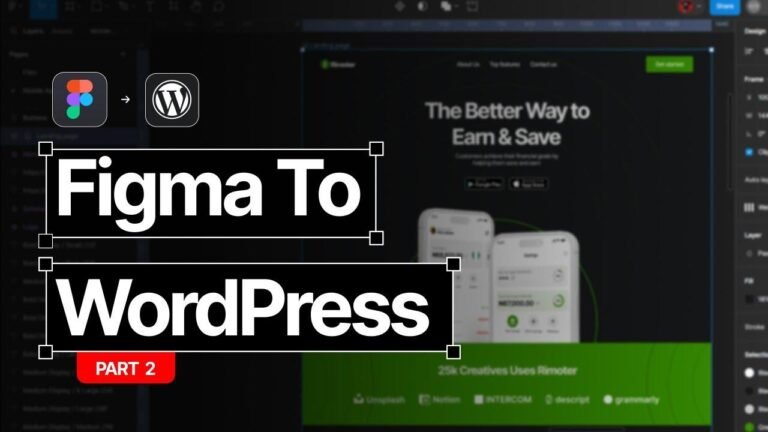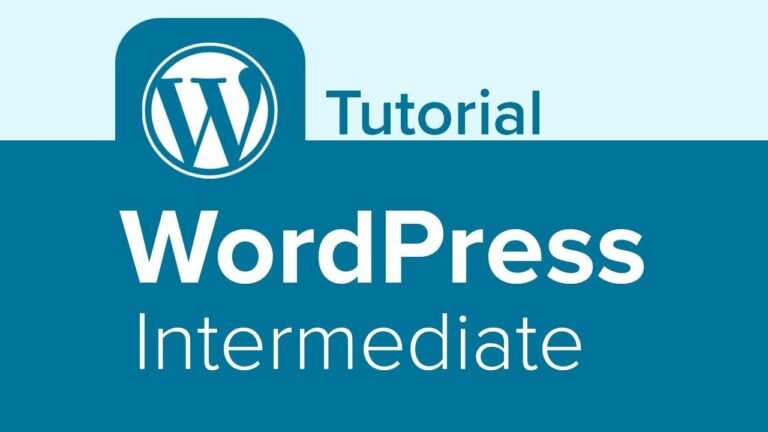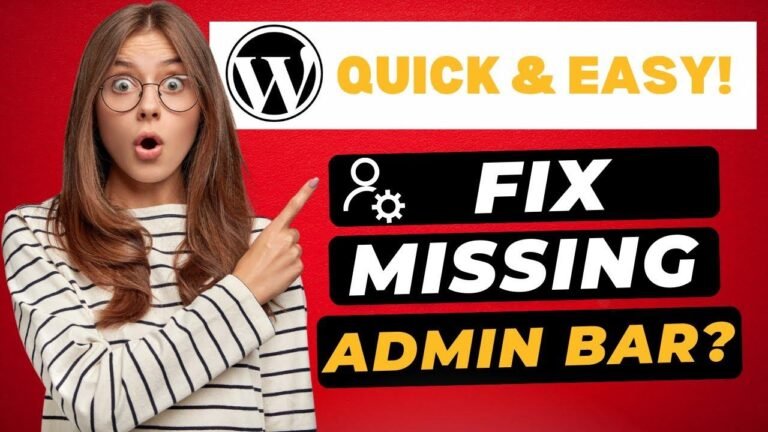1. Just like a fine-tuned engine, your WordPress site needs some serious speed boost. 🚀
2. Caching is your best friend – it’s like having a fast pass for your website! 💨
3. Image optimization is a game-changer – don’t let those bulky images slow you down. 🖼️
4. Keep everything up to date – old versions are like dragging an anchor behind your site. ⚓
5. Utilize a content delivery network – it’s like serving your site on a silver platter. 🛍️
6. Too many plugins can make your site feel like it’s stuck in traffic – optimize wisely. 🚗
7. Limit post revisions – because do you really need 100 copies of the same thing? 🔄
8. Hotlinking is a sneaky thief – protect your site from unnecessary image hosting bills. 👮
9. Security is non-negotiable – keep those bad bots out and your visitors safe. 🔒
10. Keep WordPress updated – it’s like giving your site a performance-enhancing overhaul. ⚙️
11. PHP version upgrade – it’s like getting a turbocharged engine for your site. 🏎️
🚀 Introduction
In this article, we will explore over 20 tips and techniques to enhance the speed and performance of your WordPress website. From caching to image optimization to the use of Content Delivery Networks (CDNs), we’ve got you covered with actionable strategies to make your site lightning-fast.
Key Takeaways
Here are some key tips to improve your WordPress site’s speed:
- Implement caching to optimize server responses
- Optimize image size and quality to reduce load times
- Update to the latest version of WordPress and plugins for performance improvements
💡 Implementing Caching
Caching is a fantastic way to improve your website’s performance. By enabling caching, you can create a copy of your site’s pages, reducing the server’s workload and serving visitors with pre-created copies.
| When to implement caching | How to implement caching |
|---|---|
| Update to the latest WordPress version for improved performance | Install a caching plugin to reduce page load times |
📷 Optimizing Image Size and Quality
Optimizing images on your website can make a significant impact on load times. By reducing the size and quality of images, you can ensure a faster and smoother user experience.
- Consider using image optimization tools to compress and enhance visual content on your website
- Upgrading to a premium image optimization plugin can further improve load times and overall site performance
| Image Optimization Plugin | Benefits |
|---|---|
| EWWW Image Optimizer | Reduces image size and optimizes visual content for faster load times |
🛠 Updating to the Latest Version
Keeping your WordPress website and plugins updated to the latest version is crucial for performance enhancements. Older versions can lead to bugs and security vulnerabilities, impacting the overall speed and functionality of your site.
- Regularly update to the latest version of WordPress to take advantage of new features and performance improvements
- Ensure that all plugins are up to date, resolving any compatibility issues and optimizing overall site performance
🔄 Minimizing Post Revisions and Drafts
Limiting post revisions and auto-saves in WordPress can help reduce unnecessary database bloat, leading to improved website performance.
- Use a code snippet to limit the number of post revisions, ensuring a healthier database and faster load times
- Remove unnecessary draft versions and auto-saved content to streamline your website’s backend processes
| Managing Post Revisions | Benefits |
|---|---|
| Limiting revisions via code snippet | Reduces database bloat and optimizes site performance |
🌍 Utilizing Content Delivery Networks (CDNs)
A Content Delivery Network (CDN) can significantly improve your website’s speed by distributing content across various geographic locations, reducing latency and improving user experience.
- Consider implementing a CDN to distribute content more efficiently to your users, resulting in faster page load times
- Leverage a CDN for static content, such as images and videos, to improve overall site performance
| Content Delivery Network (CDN) | Benefits |
|---|---|
| Using a CDN for faster content delivery | Reduces server load and improves user experience |
📽 Optimizing Video Content
Hosting and delivering video content on your website can have a substantial impact on load times and overall performance. Consider utilizing external video hosting platforms or video streaming services to optimize video content delivery.
- Use an external video hosting service, such as YouTube, to reduce the load on your web server and improve website performance
- Explore video streaming options to optimize video delivery, ensuring a smoother user experience for website visitors
🔒 Enhancing Security Measures
Implementing robust security measures is essential for maintaining website performance. By safeguarding your site from malicious attacks and unauthorized access, you can ensure a seamless and secure user experience.
- Utilize a security plugin to protect your website from potential threats and unauthorized access
- Consider investing in a reputable security plugin, such as WP Rocket, to enhance website performance and security
🚀 Conclusion
By implementing the tips and techniques outlined in this article, you can significantly enhance the speed and performance of your WordPress website. From image optimization to content delivery networks and security measures, these strategies will enable you to provide a seamless and lightning-fast user experience for your website visitors. Keep your site up to date, optimize image content, and leverage caching and CDNs for optimal performance. Thank you for reading, and be sure to apply these tips to elevate your website’s speed and usability!






